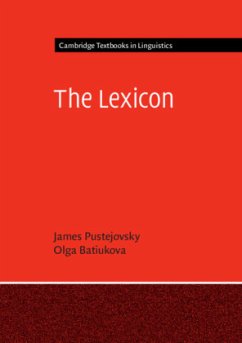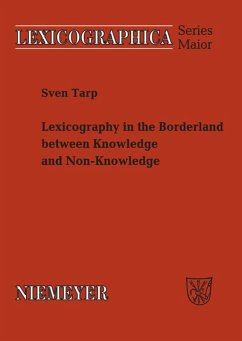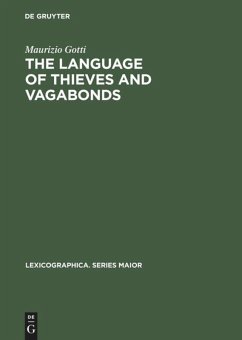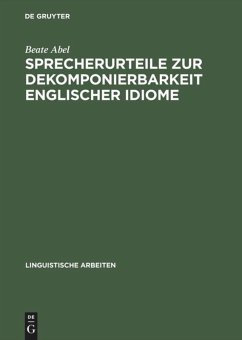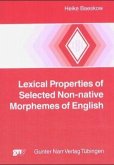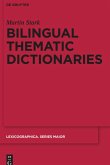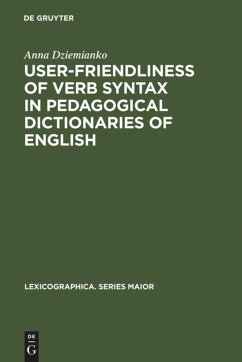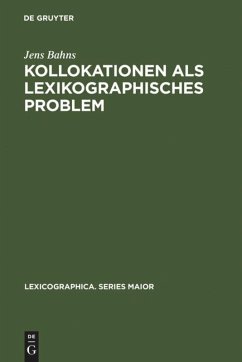What is the lexicon, what does it contain, and how is it structured? What principles determine the functioning of the lexicon as a component of natural language grammar? What role does lexical information play in linguistic theory? This accessible introduction aims to answer these questions, and explores the relation of the lexicon to grammar as a whole. It includes a critical overview of major theoretical frameworks, and puts forward a unified treatment of lexical structure and design. The text can be used for introductory and advanced courses, and for courses that touch upon different aspects of the lexicon, such as lexical semantics, lexicography, syntax, general linguistics, computational lexicology and ontology design. The book provides students with a set of tools which will enable them to work with lexical data for all kinds of purposes, including an abundance of exercises and in-class activities designed to ensure that students are actively engaged with the content and effectively acquire the necessary knowledge and skills they need.
'A landmark work that explores the lexicon in impressive breadth and depth. Beautifully written and thoughtfully structured, it will serve as the textbook of choice for a wide range of disciplines, as well as an invaluable resource for workers in theoretical and applied linguistics, who will find inspiration for future research on the lexicon.' Christiane Fellbaum, Princeton University, New Jersey

